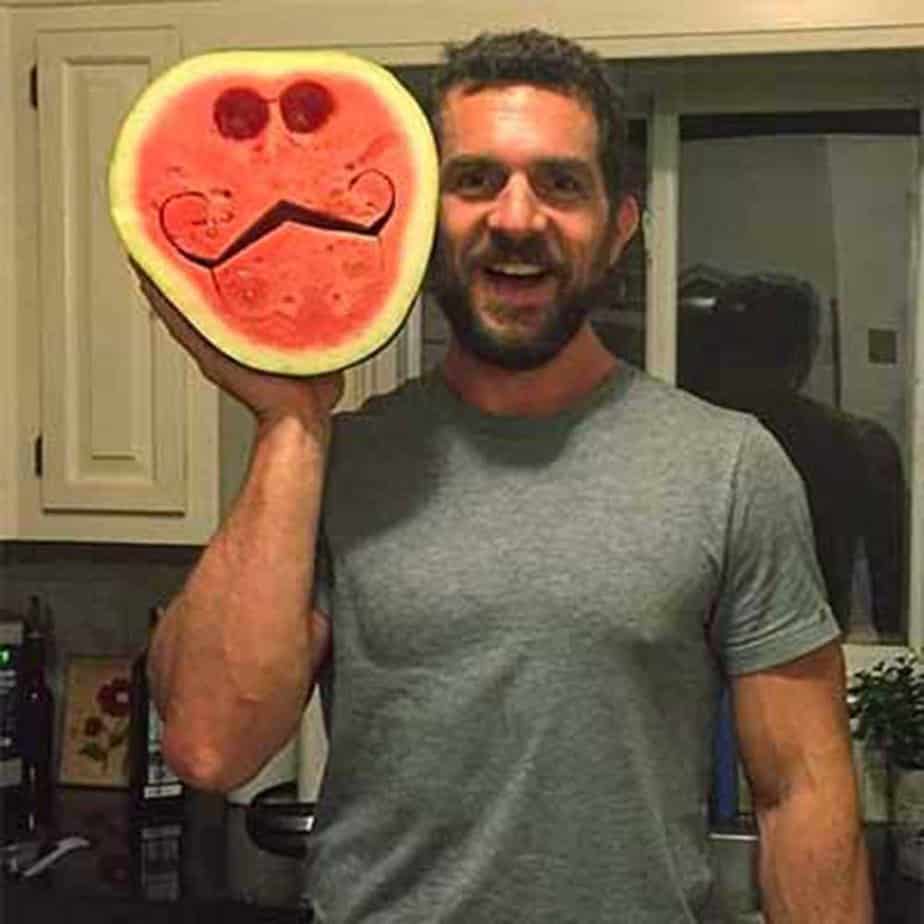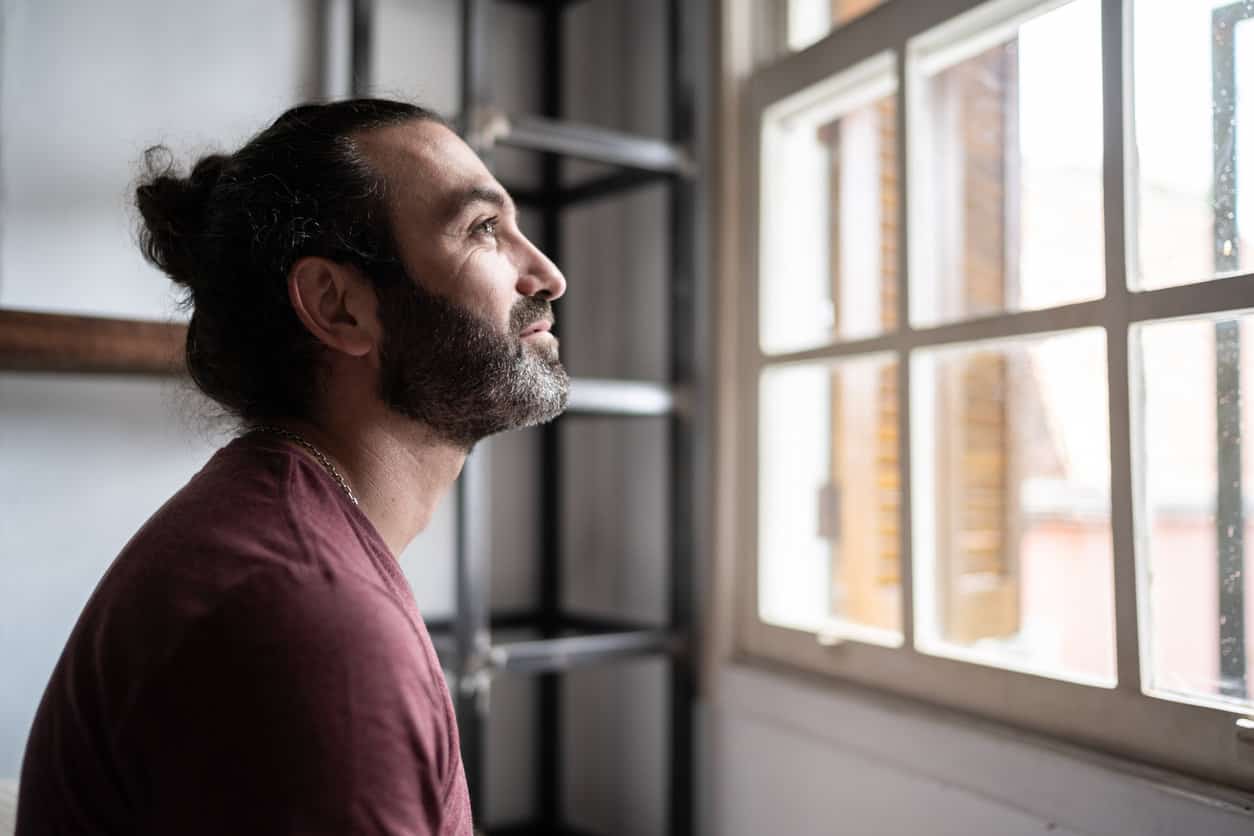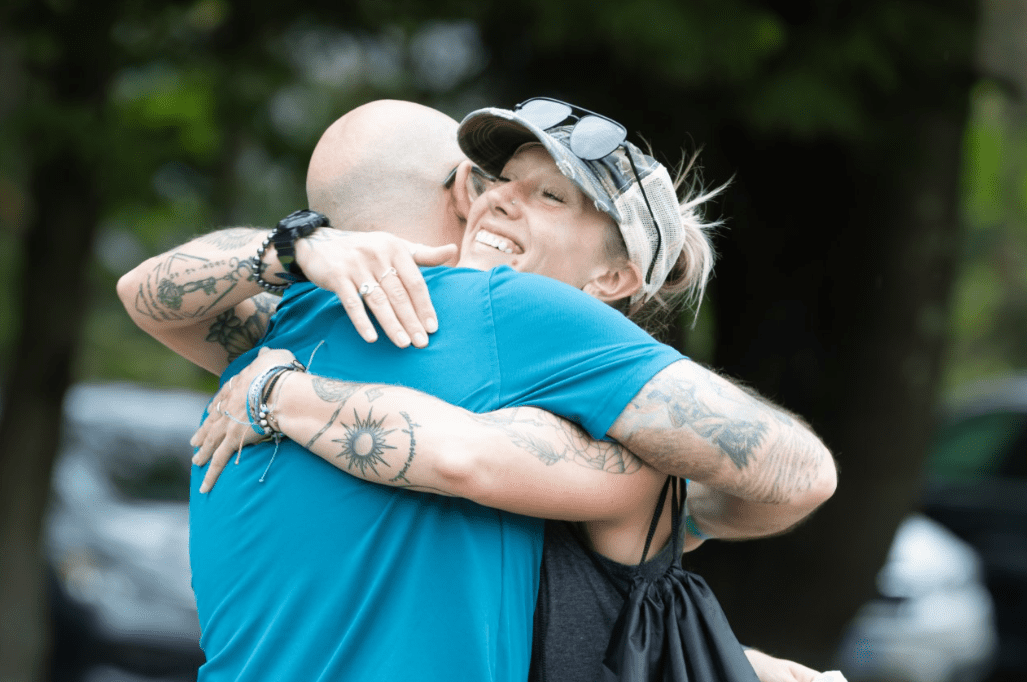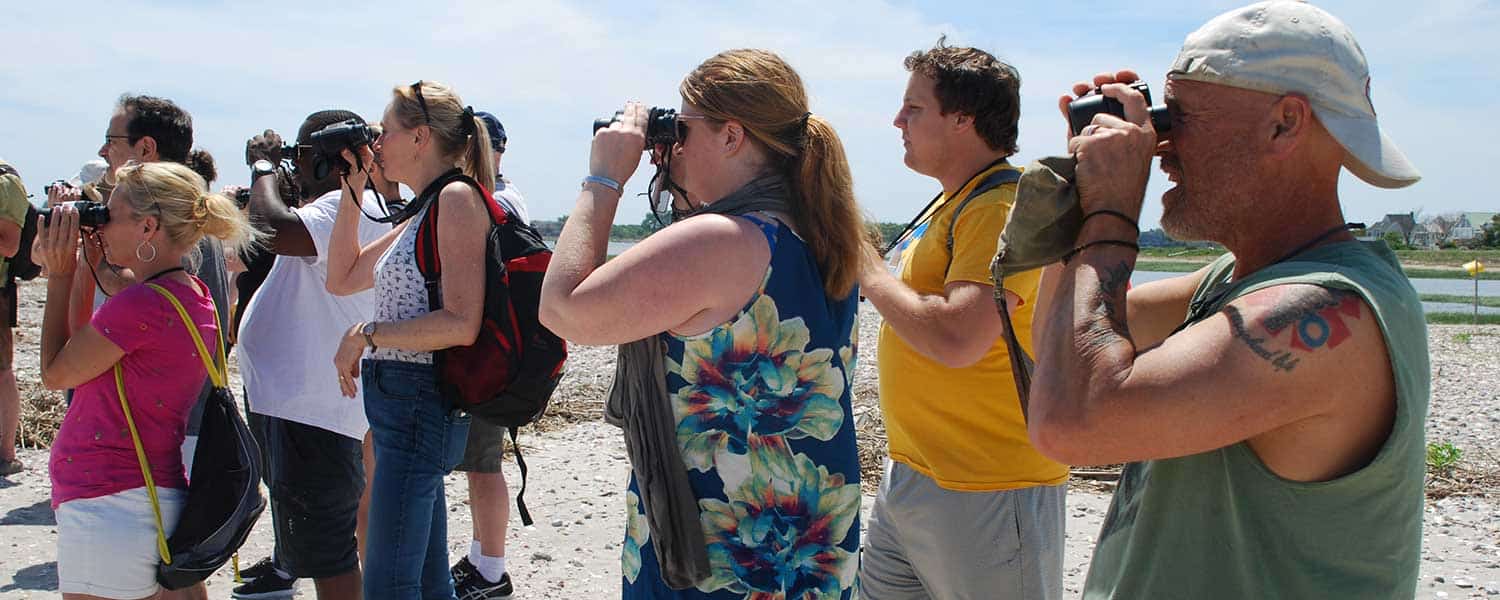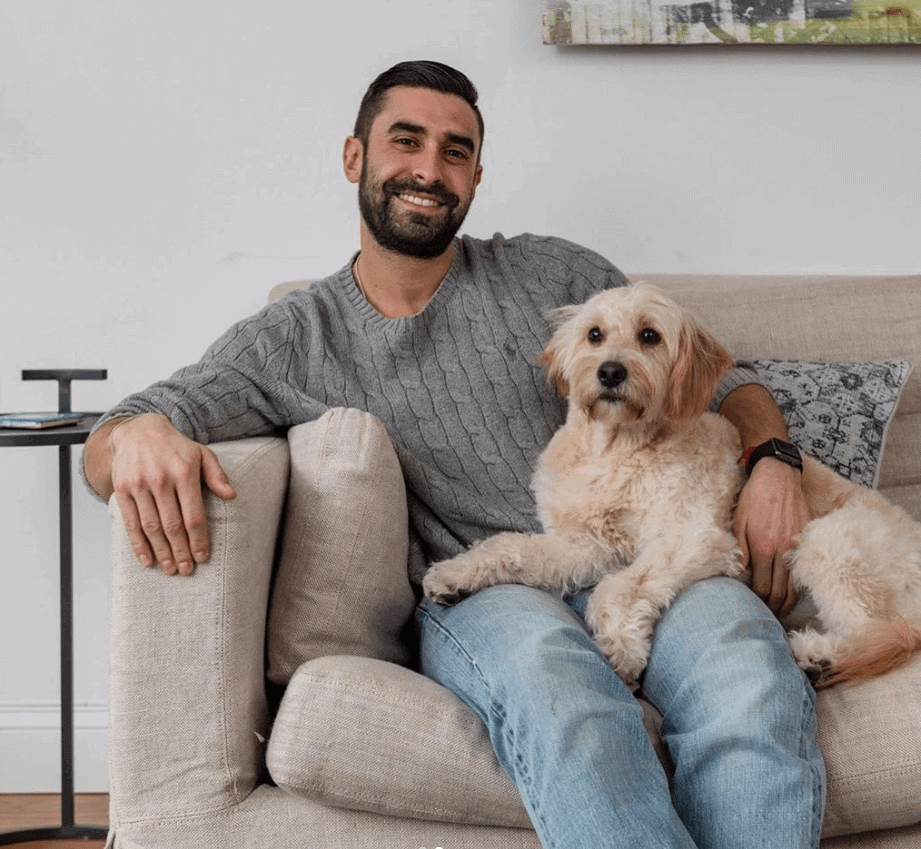Casey had been sober for a while when he relapsed. Determined to get back to sobriety, he came to Mountainside. Now, he looks for joy in the small things in life. In this month’s spotlight, Casey shares with us his successes, hurdles, and the best advice he has ever received.
Q: What excites you the most when you get up in the morning?
A: Lately what excites me is this amazing egg dish I came up with: eggs cooked in coconut oil topped with avocado and mango salsa. I’ve been eating it every morning since I left Mountainside back in July of last year. I’ve had my cholesterol checked, don’t worry!
What really helps me stay excited about my daily life is journaling, and practicing the 10th and 11th steps each day. I carry a journal with me throughout the day. When I hear something that strikes me, that has a ring of truth to it, I write it down. I try to keep track of things I observe with an element of insightfulness to it.
By keeping track of the minutiae of daily life, it seems to imbue each day with more importance. It makes my days shine with the possibility of learning something new, of progressing towards some future goal, or of attaining some level of spiritual insight previously unattained. My days seem more magical and important.
At the end of the day I review what has taken place and what I’ve written down, and I pay attention to where I was effective and where I could improve. I pray on that and ask for help, and then I sketch out what obligations I have for the next day so that when I wake up, I know exactly what I have to get accomplished.
My days flow with ease when all I have to do is get from points A to B to C instead of trying to plan and execute everything on the fly, when I try to just improvise life. That tends not to work so well. So the whole ‘leading an examined life’ idea keeps me going from day to day. That, and eggs every day for breakfast.
Q: What is your motto? What about this motto appeals to you?
A: When I was at Mountainside, I came up with a motto that was extremely helpful to me, and when I shared it in group, other people found it helpful as well, and that is: “The guy on the red phone doesn’t get to call the shots.” The red phone I refer to is the phone we all used in the dorm to contact the outside world. I would often find myself telling my wife what was going to happen when I got out, trying to call the shots on how various household matters should be handled, etc. It was so funny, and it’s very common. We get into rehab and we sort of come out of the fog a little bit, just a tiny bit, and suddenly we think we’re in charge. It’s hilarious really, but it’s probably really annoying to our loved ones.
It’s very frustrating to be the one trying to control the outside world from rehab. One day it occurred to me that the guy on the red phone doesn’t get to call the shots. When I stopped trying, things seemed to work out much better and everyone was a lot happier.
In my daily life I like to live by the motto: “The only people I need to get even with in life are the people who have helped me.” This motto reminds me to focus on the positive, to have gratitude for the people in my life, to love them, and to do loving acts for the people around me.
Q: What has been the best part of recovery for you? Why?
A: The best part of my recovery really has been regaining my sense of dignity and ability to move freely in the world unencumbered by the chains of active addiction. I can look the world in the eye, say hello to strangers, smile throughout my day ─ all with a sense of meaning and true happiness. Addiction is so heavy and dark and lonely and painful and depressing. It is wonderful to be free of that, or at least free for the most part. I still have off days, believe me. But for the most part, I am a happy person made happier by the fact that I know what it’s like to be trapped in a room, barricaded in there with drugs while my wife cries on the other side of the door. I don’t have that heaviness in my life any more, and neither does she, and that makes me very, very happy to be sober.
Q: What would you say is the biggest success – professional or personal – you’ve had since leaving Mountainside?
A: My biggest success since leaving Mountainside was actually what I did after treatment, which was to go to California into sober living for 6 months. I recreated myself in California. I had no car, so I got a bicycle and I just made life happen. I got myself to all my IOP appointments and meetings. I made tons of new friends. I went for daily runs through the mountains by myself. I joined a community of Native Americans who participated in weekly sweat lodges and monthly Tipi ceremonies. I did service in the community and became known as a loving, productive, dependable friend to many people. In doing all of this, I forged a new relationship with myself and with my higher power, which was just everywhere in my life out there.
Q: What has been your biggest hurdle in recovery, and how did you learn to overcome it?
A: My biggest hurdle was coming home from sober living and getting back into the grind of life in Fairfield County. To be honest, I’ve lived in the Darien/Stamford area for most of my adult life. Fairfield County was basically all I knew until I moved to California, where the weather is nicer, the people are more friendly, and the roads are nicer. The whole health-oriented culture in California is much more in line with my lifestyle than the fast-paced, work-oriented culture here in CT. So adjusting has been difficult, and I really haven’t been able to look at this place the same. I plan on moving back to California in the next couple of years, once I get my sober sea-legs.
Q: What was the turning point that led you to get help?
A: I had been sober for a while when I relapsed last May, and it only lasted for five weeks…but those five weeks were horrifying. I found myself barricaded in a room in our condo with a bunch of drugs for a few days. I remember my wife pleading with me to come out, or to even communicate with her. Because I was so freaked out and amped up, I could only cower on the other side of the door ─ silent, paranoid, sick, hiding, and hoping she’d go away so I could get back to the drugs. That was really the bottom for me. It was the end, it was the end of the line.
Q: If you could, what would you tell your younger self?
A: I would tell myself that it’s not about not lying, it’s about not doing things that I need to lie about. I would emphasize that telling the truth is the way to change my reality, not by manipulating language. It was a way that I deluded myself for many years into thinking that I had power in my life, by altering reality through words and obfuscation. The process of the 12 steps, in particular the 9th step, taught me how to tell the truth and the power inherent in living in the light, in having nothing to hide, in being honest in my intentions and actions.
Q: What would you like people who are afraid to receive treatment know?
A: Look, addicts are scared of change and of losing control of their environment. We work very hard to create this insular reality where everything is safe for us to conduct the business of active addiction. Every concern is self-centered, for the most part. We know that treatment means the end of all that, of being in control, of active addiction, of the behaviors associated with addiction that we’ve become accustomed to. The idea of treatment is scary, but it’s actually a lot of fun. It’s a wonderful place to come back to earth, and to socialize with a bunch of fellow addicts who are all going through the same thing.
There is a tremendous brotherhood, or sisterhood as it were, in rehab. There is a lot of spirited conversation, a lot of relating to each other’s pain and to each other’s healing, and recovery. I would tell someone who was afraid of treatment that at the very least, go because the people who love you want you to go. And that once you get there, it will be about you and you getting better. But if you need a reason, do it out of love for the people in your life.
Q: What suggestions do you have for the newcomer?
A: I would suggest to a newcomer to learn to get their hand out and introduce themselves to as many people at meetings as possible. Get phone numbers and call people, even if you simply call to say, “I just want to call and say hello and tell you it was nice to meet you and I’m calling because I hear it’s important to reach out, and I want so badly to stay sober that I’m willing to make uncomfortable phone calls like this.”
The person on the other end of the phone will delight in the honesty and you will make an ally, if not a friend. I would suggest sharing at meetings even if it’s just to say: “I hear that it’s important to share at meetings and so I’m getting my hand up because I so desperately want to stay sober. I’m willing to be uncomfortable right now if that means I’ll stay sober today.” I suggest always sharing from the heart in order to let people get to know you and not to worry what people think. People at meetings thrive on a newcomer’s vulnerability. And I would suggest always telling the truth about your addiction at meetings, whether you think it paints you is a good or a bad light. If it’s honest, it’s for the best.
Q: What is the best advice you have been given?
A: The best advice I was given pertains to not worrying what other people think of me.
My friend told me to think about it like this: He said, “You’re coconut. Some people like the flavor of coconut. They like how it tastes, they like coconut ice-cream, they put coconut scented lotion on in the morning, they put coconut shavings on their yogurt, they like the texture, they love everything about it. Other people, they don’t like coconut. They don’t like how it tastes, smells, don’t like the texture of it. They’d be happy if coconut didn’t exist. It’s not coconut’s fault one way or the other. You’re coconut. It’s not your fault, and it’s not up to you either way.” That bit of advice changed my life.
Q: What is the one item you can’t do without?
A: My guitars. I have a very old Les Paul that’s I’ve had since I was 12, the thing is older than me, and I’ve had it throughout just about every stage or my life. It’s been a constant companion through the years. It’s all banged up, but it plays wonderfully. I also have an early 90’s Fender Jaguar that is equally banged up, but that I’ve played live for years. I sold off a bunch of things over the years to pay for my habits, but I never ever, not once thought of giving either guitar up, and I never will.
Q: Would you rather be an inventor or a leader? Why?
A: I am pretty crafty, but in the end I am a better leader than I am an inventor. What I’ve learned about leadership can be summed up in one simple sentence: “Learn to follow so well that people just assume you’re in charge.” That is how I lead.
Q: Who — dead or alive — is on the guest list for your ideal dinner party?
A: I would love to have Kerouac and Bukowski in the same room. I would love to play music with Layne Staley.
What’s the one thing people would be pleasantly surprised to know about you?
I write a ton of music and play a number of different instruments. When I was in California for 6 months at sober living, I wrote more than 50 songs. I am in a band named Burroughs. We’re available to play our brand of early 90’s grungy rock music anywhere, any time. Also, I enjoy classical music and long walks on the beach. And I love my wife very, very much. Adore her, in fact.
Q: What are you currently reading or what song have you enjoyed recently?
A: I don’t read a lot any more, not since I stopped taking amphetamines many years ago. I just don’t have the focus I used to have. What am I listening to? I’m recording an album with my band, so I’ve been listening to our music a lot lately.
I’ve been listening to the new Mastodon album a lot and there’s this Death Grips song I can’t get out of my head titled “Three Bedrooms in a Good Neighborhood” that I would suggest you play really, really loud.
If you or a loved one is struggling with addiction, Mountainside can help.
Click here or call (888) 833-4676 to speak with one of our addiction treatment experts.

 By
By 